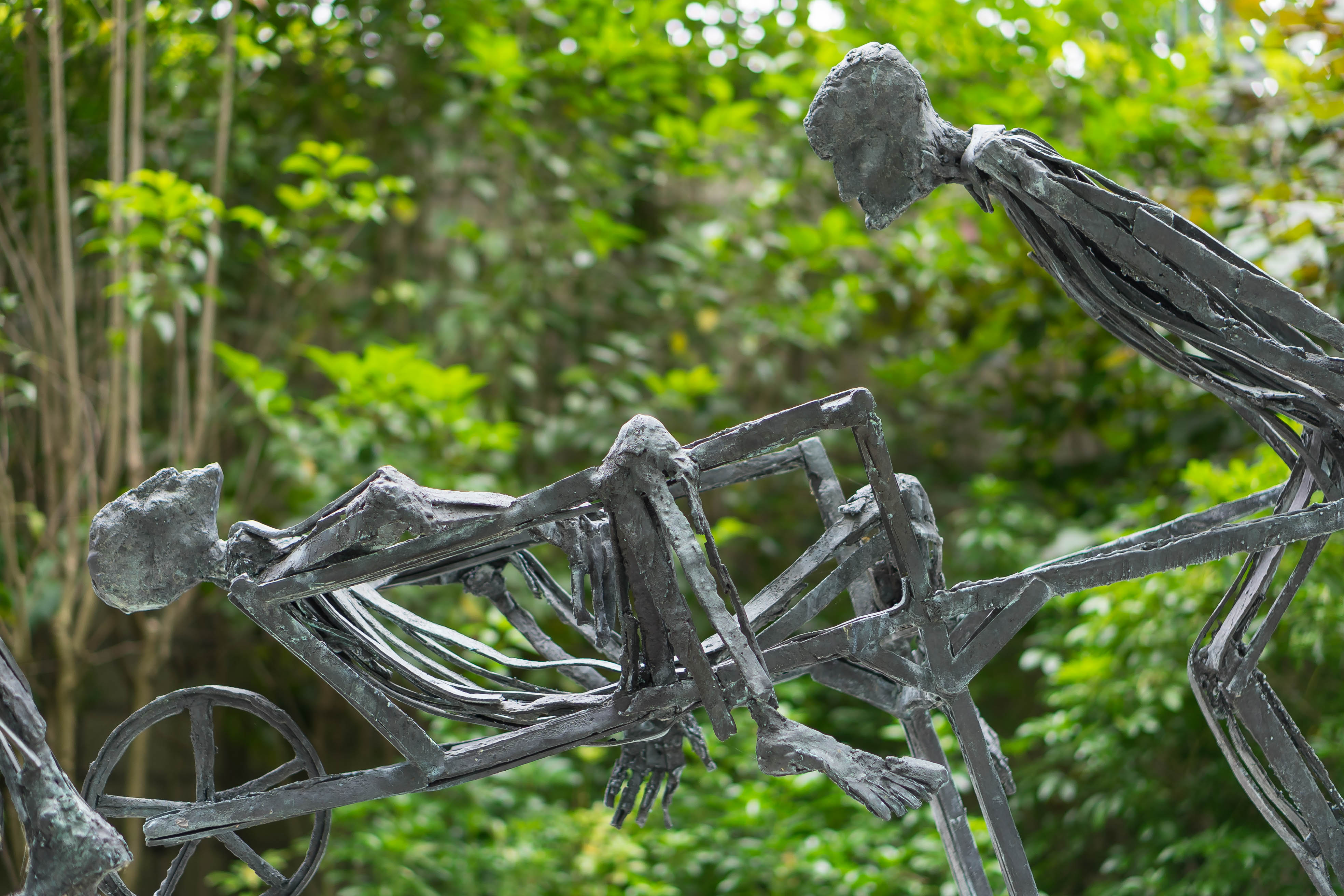My wife and I did GOTV in Las Vegas on Monday and Tuesday. Half an hour before the Nevada polls closed on Tuesday night we were knocking on doors when I suddenly noticed a red laser pointer on my chest. I looked around, then saw it move to my wife. (For those of you who don’t know, laser-sighting mechanisms are used on firearms.) We were being sent a message. We crossed the street and the red dot kept reappearing. I looked back and saw someone standing in the shadows of a cracked open door aiming the laser pointer (attached to who knows what). We called an Uber and left.
I continue to be shaken by this, but I also know that it is an exceptional moment in my life. At no point did I feel like I was without recourse. I had the money to call someone to get me out of there, and I know that if I had called the cops, I would be believed. I’m white. (My wife is brown, but, in these kinds of situations, for reasons that are both sad and distressingly normalized, I am the designated spokesperson for our family.) I know that my voice counts. When I talk to officials, my opinion isn’t automatically viewed with suspicion, or qualifiers, or modifiers. I have full citizenship and freedom-by which I mean, as Nina Simone described in the excellent documentary What Happened, Miss Simone?, that I am free because I am (generally) not afraid.
Flash back about 15 years. I was hanging “remember to vote” literature on people’s doors early one morning in Echo Park, a neighborhood in Los Angeles. A friend of mine was running for city council; his father, at the time, was District Attorney. I saw a black-and-white police car speeding towards me on the wrong side of the road. They pulled up on the sidewalk in front of me, jumped out, and yelled “Stop!“ I looked around, wondering who was in so much trouble. Then they drew their weapons and yelled “Stop!” again, at which point I realized I was the one in trouble. I was cuffed as one officer, weapon drawn, yelled “What are you doing?” I said, “Handing out flyers for Eric Garcetti.” He yelled the same question again; I gave the same answer. He was so convinced that I was doing something wrong that it took a while for the data to sink in with him and his partner, even though my story checked out at every point: all the campaign lit in my bag, the button I was wearing, the lack of contraband. In the meantime I had to deal with passersby in cars and on foot staring at me, the man in cuffs, being interrogated by the cops.
This, too, shook me, but it was also, as I knew even then, a one-off event. I didn’t have anything to hide. I even knew the DA. I thought that when the cops were coming, they weren’t coming for me. This is because I’m so white that when I see the cops, I think, instinctively, that they are there to protect me. That when you call them, you will be believed. That good things will happen once they get there. I actually feel like the experience of being stopped wrongly has given me some insights that most white people don’t have-what it is like to be telling the truth but to be powerless (at least initially) to make someone believe you. To be hassled and shamed. To have someone point a gun at you. Even though I am an insider, it scared the hell out of me. I have no idea what it would feel like to be an outsider, to have that happen and not “know people” who would help me. To have that be more than just one story, but, instead, just a part of life-not even that noteworthy. My telling this story as an unusual event is itself part of the privilege of being white.
Continue reading “Attention White People: Your Economic Grievances Do Not Excuse Your Racism”




